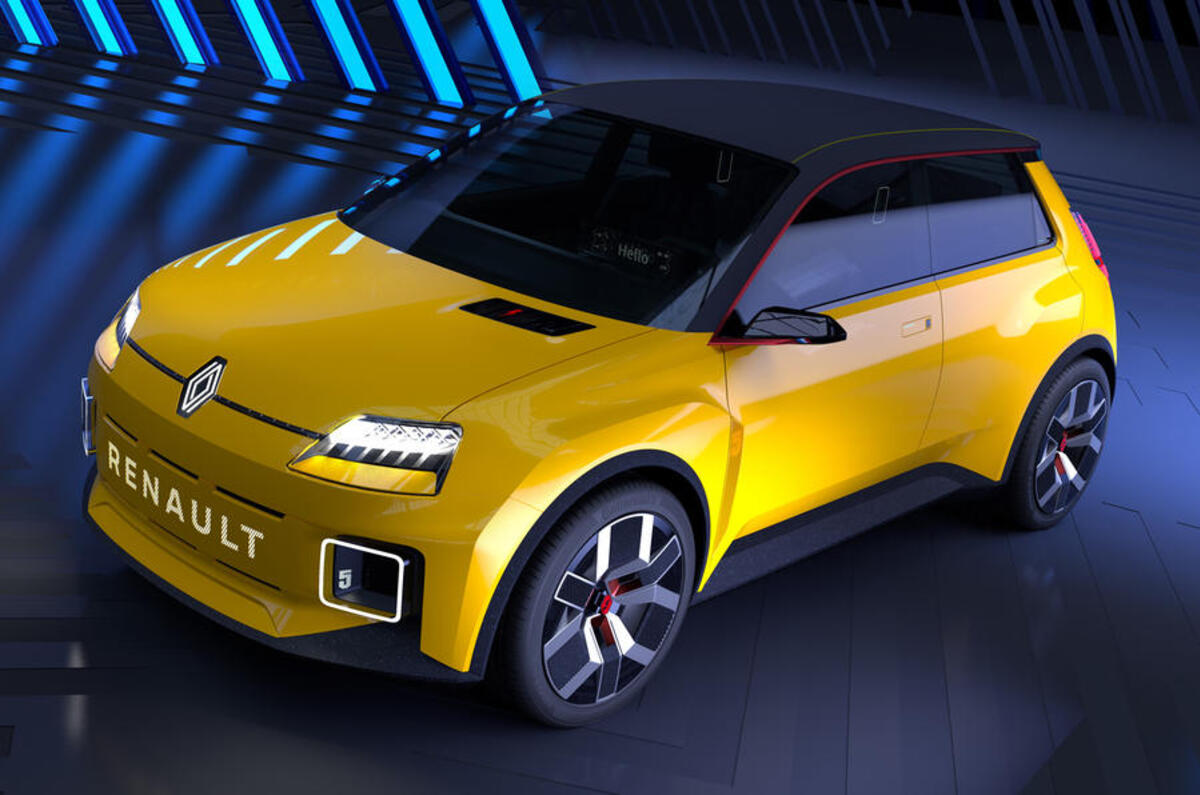Renault’s decision to cancel the stock market listing of its Ampere division is the latest in a series of postponements, cancellations or – for those that did float – mistimed listings for EV-angled businesses.
Lotus missed its deadline last year to list its electric arm in the US via the SPAC method and now says it will try for the first quarter of this year.




Add your comment